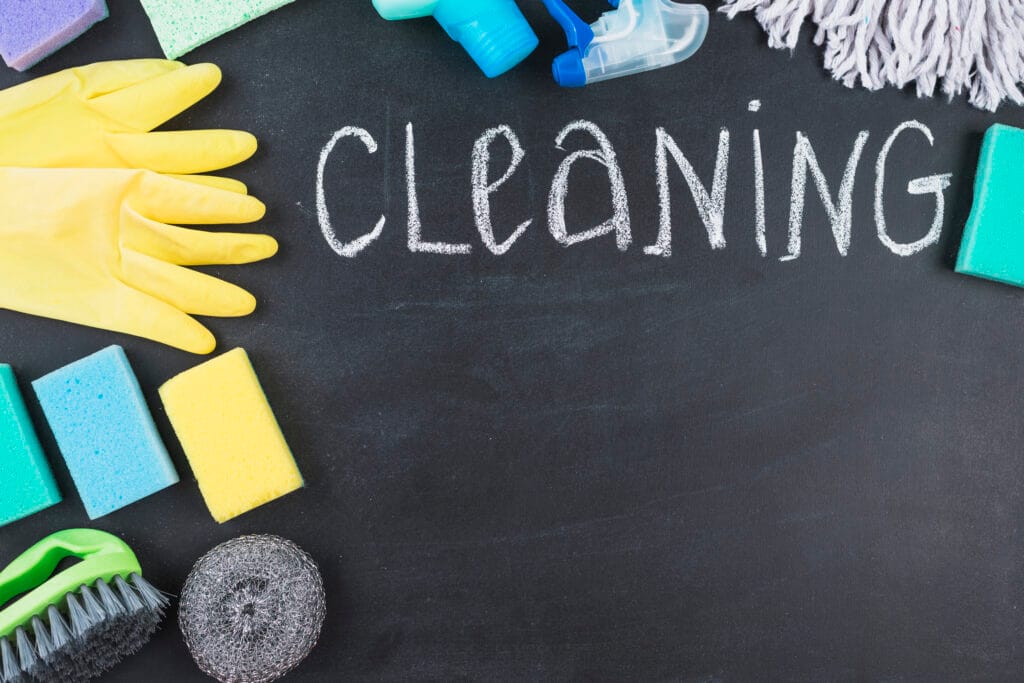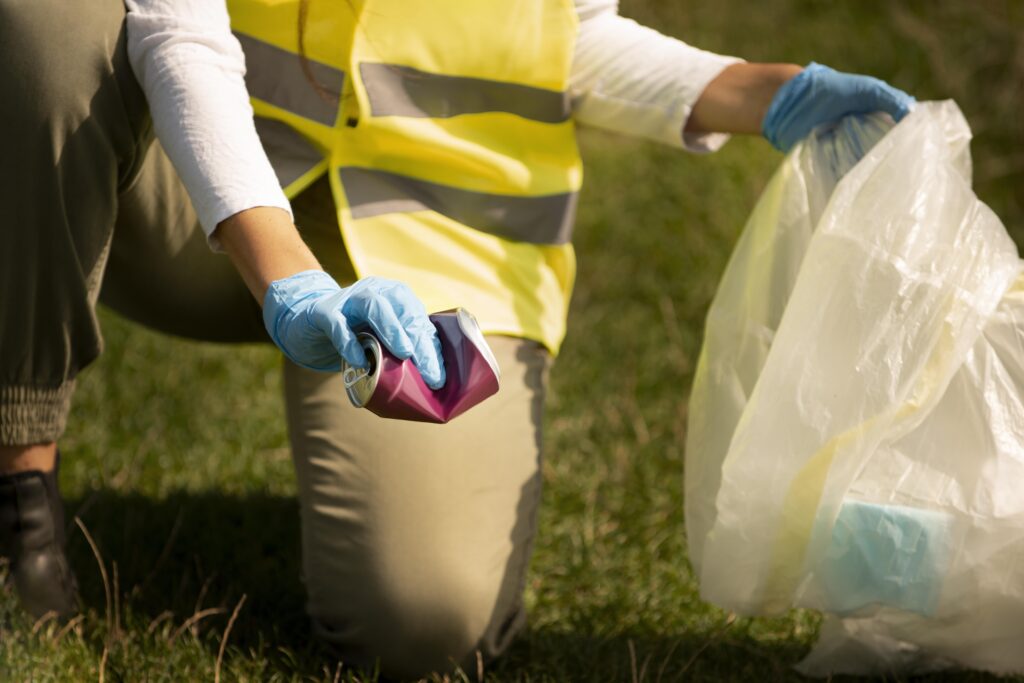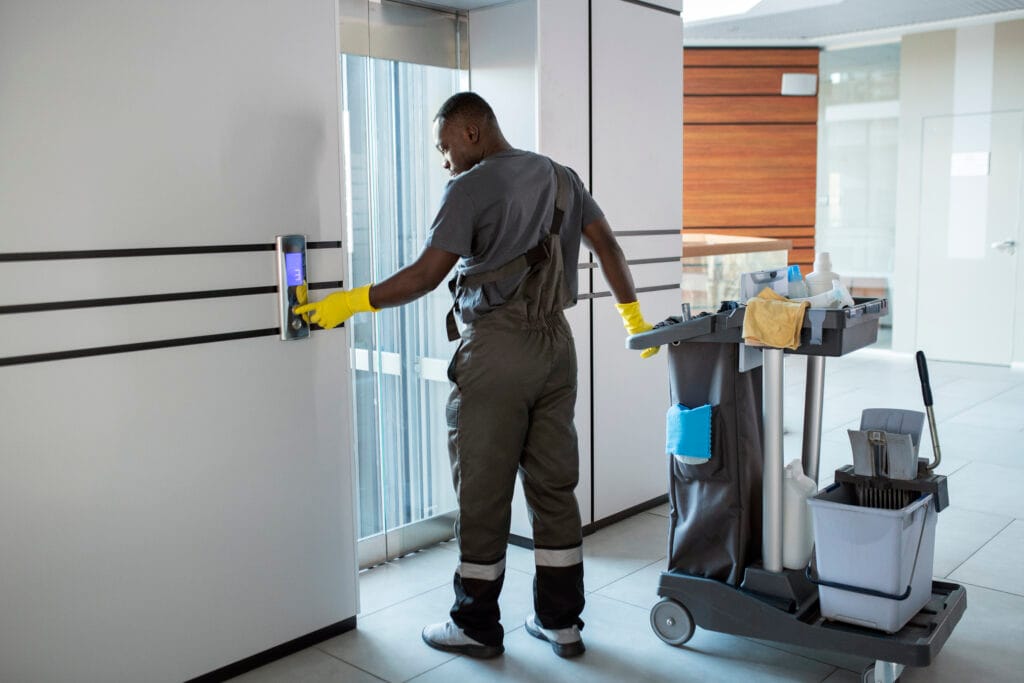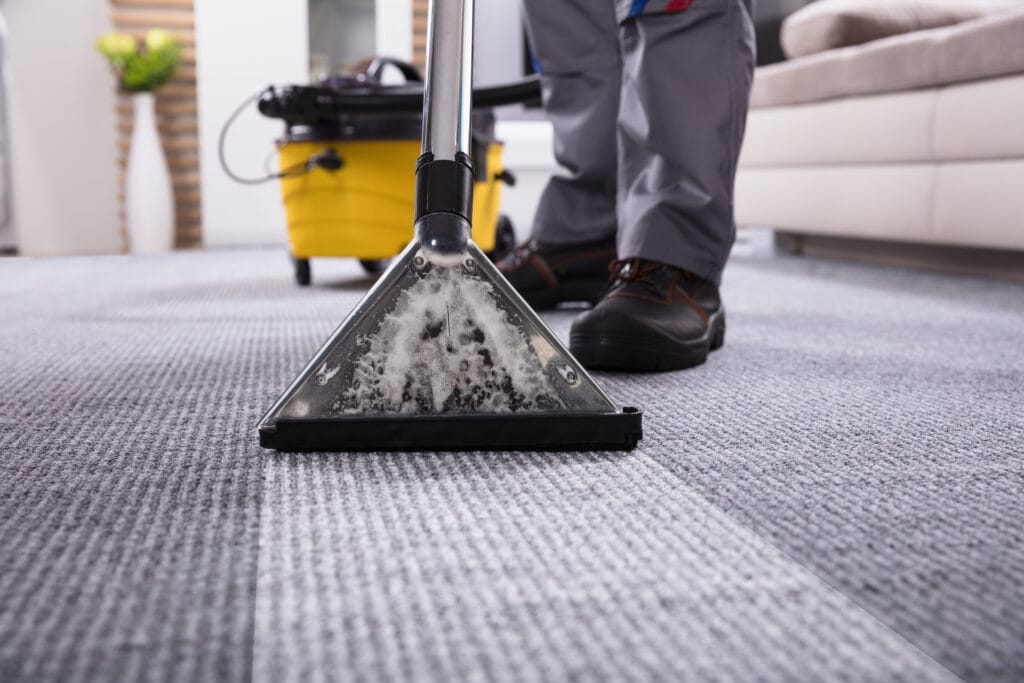In the modern workplace, maintaining a clean and hygienic environment is not merely a matter of aesthetics; it is a critical component of operational efficiency and employee well-being. Office cleaning compliance encompasses a range of regulations and best practices that ensure cleanliness while adhering to legal and ethical standards. Organizations like United Facilities Group play a pivotal role in navigating these complexities, providing services that align with compliance requirements.
Understanding the nuances of office cleaning compliance is essential for businesses aiming to foster a safe and productive work environment. Compliance in office cleaning involves adhering to various health, safety, and environmental regulations. These regulations are designed to protect employees, clients, and the broader community from potential hazards associated with cleaning processes and products.
As businesses increasingly recognize the importance of compliance, they are more likely to engage professional cleaning services that prioritize adherence to these standards. This article will delve into the various aspects of office cleaning compliance, highlighting the significance of health and safety regulations, environmental considerations, waste management practices, and employee training.
Key Takeaways
- Office cleaning compliance is essential for maintaining a safe and healthy work environment for employees and visitors.
- Health and safety regulations for office cleaning include proper handling of chemicals, equipment maintenance, and personal protective equipment usage.
- Environmental regulations for office cleaning focus on reducing the impact of cleaning activities on the environment, such as using eco-friendly products and minimizing water and energy usage.
- Waste management and disposal guidelines outline the proper procedures for handling and disposing of cleaning waste, including recycling and hazardous waste management.
- Cleaning product regulations and best practices emphasize the use of safe and effective cleaning products, proper labeling, and storage to prevent accidents and exposure to harmful chemicals.

Health and Safety Regulations for Office Cleaning
Health and safety regulations are paramount in the realm of office cleaning. These regulations are designed to minimize risks associated with cleaning activities, ensuring that both cleaning staff and office employees are protected from potential hazards. For instance, the Occupational Safety and Health Administration (OSHA) sets forth guidelines that dictate safe practices for handling cleaning chemicals, using equipment, and performing tasks that may pose physical risks.
Compliance with these regulations not only safeguards employees but also enhances overall workplace morale. In addition to OSHA guidelines, organizations must also consider state-specific regulations that may impose additional requirements. For example, certain states may have stricter rules regarding the use of specific cleaning agents or the training required for cleaning personnel.
By staying informed about these regulations, companies can ensure that their cleaning practices are compliant and that they are taking proactive steps to mitigate risks. Engaging a professional service like United Facilities Group can help organizations navigate these complex regulations effectively, ensuring that all health and safety standards are met.
Environmental Regulations for Office Cleaning
Environmental regulations play a crucial role in shaping office cleaning practices. As awareness of environmental issues grows, businesses are increasingly held accountable for their impact on the planet. Regulations often focus on reducing harmful emissions, minimizing waste, and promoting sustainable practices.
For instance, the Environmental Protection Agency (EPA) has established guidelines for the use of environmentally friendly cleaning products and methods that reduce pollution and conserve resources. Incorporating environmentally responsible practices into office cleaning not only helps organizations comply with regulations but also enhances their corporate social responsibility profile. Many clients and consumers today prefer to engage with businesses that demonstrate a commitment to sustainability.
By utilizing green cleaning products and methods, companies can reduce their ecological footprint while also creating a healthier indoor environment for employees. United Facilities Group emphasizes eco-friendly practices in its cleaning services, ensuring compliance with environmental regulations while promoting sustainability.
Waste Management and Disposal Guidelines
Effective waste management is a critical aspect of office cleaning compliance. Organizations must adhere to guidelines that dictate how waste is collected, sorted, and disposed of to minimize environmental impact and ensure safety. This includes understanding the differences between general waste, recyclable materials, and hazardous waste.
Proper disposal methods not only comply with legal requirements but also contribute to a cleaner environment. In many cases, businesses are required to implement waste reduction strategies as part of their compliance efforts. This may involve establishing recycling programs or working with waste management companies to ensure that hazardous materials are disposed of safely.
United Facilities Group provides comprehensive waste management solutions that help organizations streamline their disposal processes while adhering to all relevant guidelines. By prioritizing effective waste management, companies can enhance their sustainability efforts and demonstrate their commitment to responsible business practices.
Cleaning Product Regulations and Best Practices
The selection and use of cleaning products are governed by various regulations aimed at ensuring safety for both users and the environment. Many cleaning agents contain chemicals that can pose health risks if not handled properly. Regulations often require manufacturers to provide safety data sheets (SDS) that outline the potential hazards associated with their products.
Organizations must ensure that their cleaning staff are trained to read and understand these sheets to mitigate risks effectively. Best practices in selecting cleaning products involve opting for those that are certified as environmentally friendly or green. These products typically contain fewer harmful chemicals and are less likely to contribute to indoor air pollution.
By choosing compliant cleaning products, organizations not only adhere to regulations but also promote a healthier workplace for employees. United Facilities Group prioritizes the use of safe and effective cleaning products in its services, ensuring compliance while fostering a clean and healthy environment.
Employee Training and Certification Requirements
Employee training is a cornerstone of office cleaning compliance. Proper training ensures that cleaning staff are equipped with the knowledge and skills necessary to perform their duties safely and effectively. Many regulatory bodies require specific training programs for employees who handle hazardous materials or operate specialized equipment.
Compliance with these training requirements is essential for minimizing risks associated with office cleaning. Certification programs can further enhance the qualifications of cleaning personnel. These programs often cover topics such as safe chemical handling, equipment operation, and best practices for maintaining cleanliness in various environments.
By investing in employee training and certification, organizations can ensure that their cleaning staff are well-prepared to meet compliance standards while delivering high-quality services. United Facilities Group places a strong emphasis on training its employees, ensuring they are knowledgeable about compliance requirements and best practices in office cleaning.
Reporting and Record-Keeping Obligations
Reporting and record-keeping are vital components of office cleaning compliance. Organizations must maintain accurate records of their cleaning activities, including details about the products used, safety data sheets, employee training sessions, and any incidents or accidents that occur during cleaning operations. These records serve as documentation of compliance efforts and can be crucial during inspections or audits.

Additionally, many regulatory agencies require businesses to submit reports related to their cleaning practices or any incidents involving hazardous materials. By establishing robust reporting systems, organizations can ensure they meet these obligations while also identifying areas for improvement in their cleaning processes. United Facilities Group assists clients in maintaining comprehensive records related to their cleaning services, helping them stay compliant while focusing on their core business operations.
Conclusion and Resources for Further Information
In conclusion, office cleaning compliance is an essential aspect of maintaining a safe, healthy, and environmentally responsible workplace. By understanding health and safety regulations, environmental considerations, waste management practices, product regulations, employee training requirements, and reporting obligations, organizations can create a comprehensive compliance strategy that enhances their operational efficiency. For businesses seeking further information on office cleaning compliance, numerous resources are available through government agencies such as OSHA and the EPAdditionally, industry associations often provide guidelines and best practices tailored to specific sectors.
Engaging with professional services like United Facilities Group can also provide valuable insights into compliance strategies tailored to individual organizational needs. By prioritizing compliance in office cleaning practices, businesses can foster a safer work environment while contributing positively to their communities and the planet.
FAQs
What are the cleaning compliance requirements for offices in Alameda and Contra Costa Counties?
In Alameda and Contra Costa Counties, offices are required to adhere to specific cleaning and sanitation standards to ensure a safe and healthy work environment for employees and visitors.
What are some common cleaning compliance standards for offices in these counties?
Common cleaning compliance standards for offices in Alameda and Contra Costa Counties include regular disinfection of high-touch surfaces, proper waste disposal, and maintaining clean and sanitary restroom facilities.
Are there specific regulations for cleaning products and chemicals used in offices?
Yes, offices in these counties are required to use cleaning products and chemicals that are approved by the Environmental Protection Agency (EPA) and comply with local regulations for safe and effective cleaning.
How often should offices be cleaned to meet compliance standards?
The frequency of cleaning in offices to meet compliance standards varies depending on the size of the office, the number of employees, and the nature of the work being conducted. However, regular daily cleaning and periodic deep cleaning are typically recommended.
What are the consequences of non-compliance with office cleaning regulations in these counties?
Non-compliance with office cleaning regulations in Alameda and Contra Costa Counties can result in fines, penalties, and potential legal action. Additionally, failure to maintain a clean and sanitary work environment can pose health risks to employees and visitors.


















